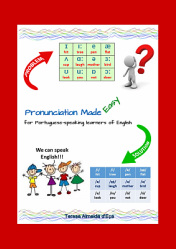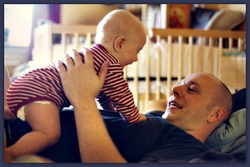Radical English is all about new and better ways to teach/learn English. I'm happy to announce the launch of a new YouTube channel for English is Stupid, Students are Not on how to teach speaking. Whether you are a teacher or student you'll find this FREE 18 video series useful. Enjoy.
Please direct any questions you may have about the videos or the system to:
[email protected]
Please direct any questions you may have about the videos or the system to:
[email protected]




 RSS Feed
RSS Feed
